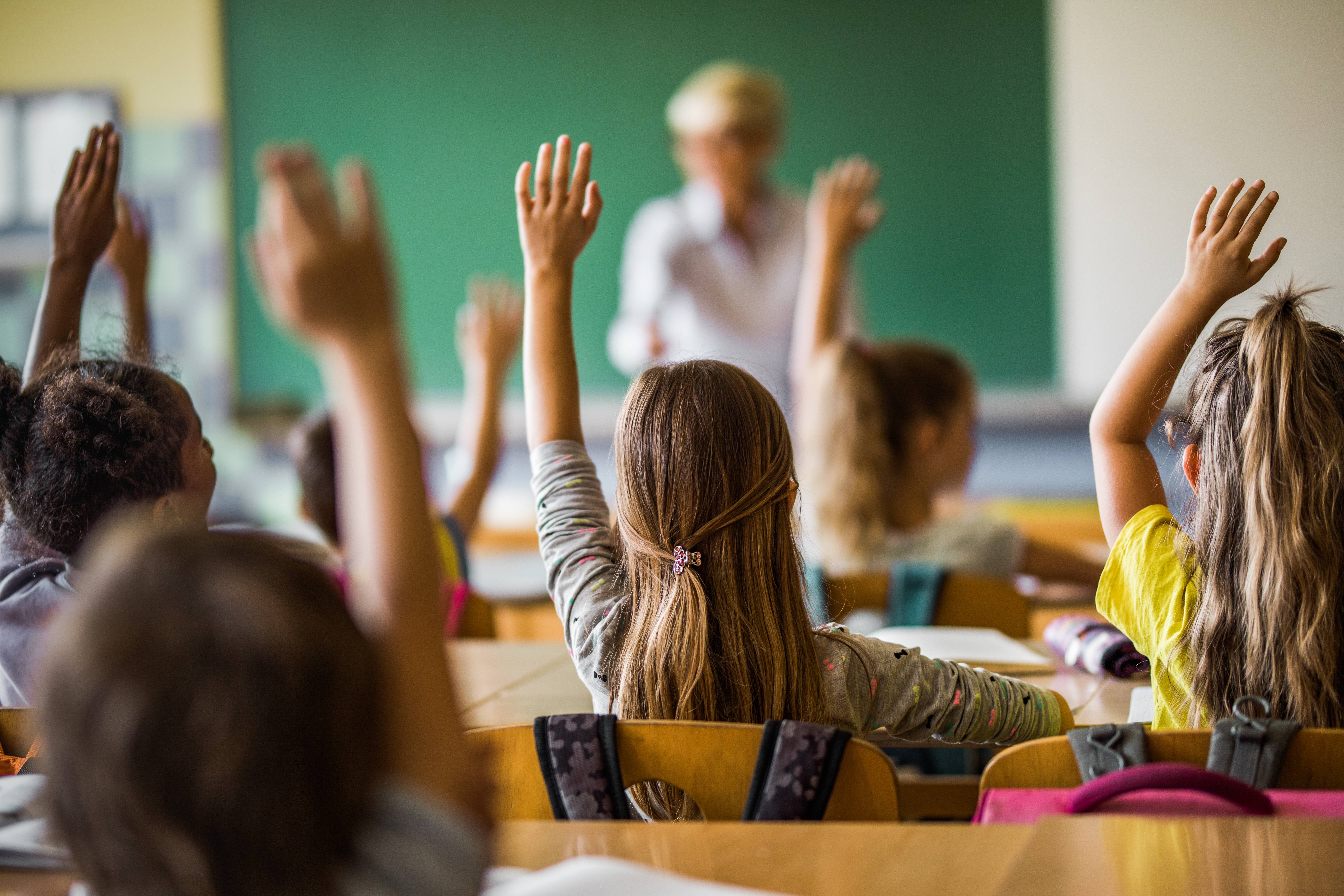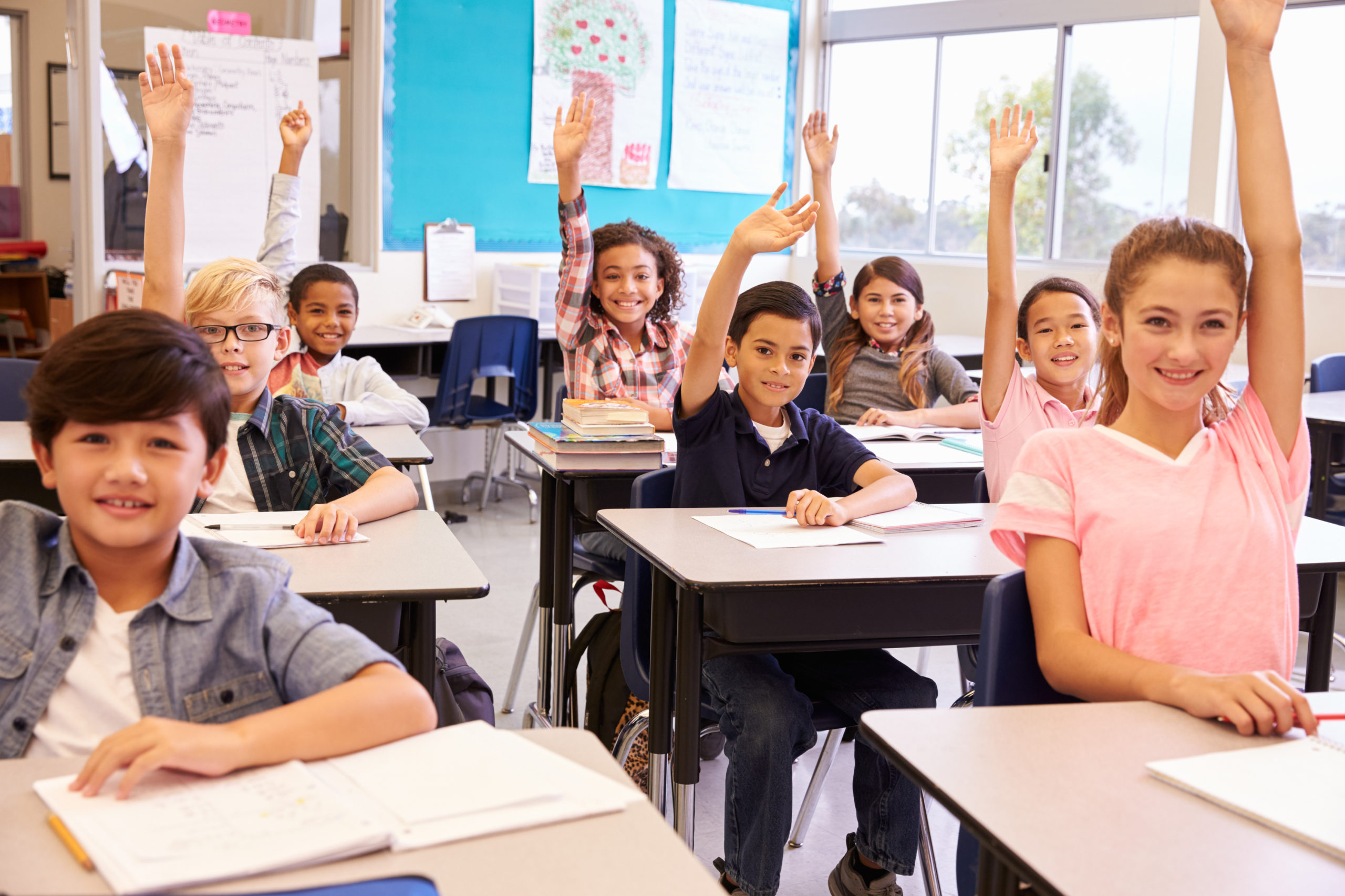Why It's Important to Rally With Each Other to Save Temecula Schools
Why It's Important to Rally With Each Other to Save Temecula Schools
Blog Article
How Schools Play a Critical Function in Shaping Future Leaders and Innovators
By incorporating project-based knowing and interdisciplinary researches, instructional establishments test pupils to evaluate and synthesize complicated information. Educators offer as mentors, leading pupils and supporting their capacity, while extracurricular activities better develop leadership skills and durability.
Cultivating Critical Assuming
In today's quickly progressing globe, promoting essential believing within schools has actually become critical. As society grapples with progressively intricate worldwide obstacles, the capacity to evaluate, review, and synthesize info is necessary. Institutions play an important duty in establishing these skills, preparing pupils to navigate and attend to diverse issues with notified, reasoned choices.
To cultivate essential thinking, teachers utilize various instructional approaches that encourage active understanding and intellectual engagement. Classroom conversations, problem-based discovering, and Socratic examining contribute in advertising reflective and analytical thought procedures. By challenging students to interrogate presumptions and think about several viewpoints, these techniques guarantee a much deeper understanding of topic beyond memorizing memorization.
Additionally, incorporating crucial thinking throughout the curriculum strengthens its importance and applicability in varied contexts. Topics such as maths, scientific research, background, and literary works each offer special opportunities to create pupils' important professors. For instance, analyzing historic occasions calls for examining sources and comprehending context, while scientific query demands rigorous theory screening and evidence-based reasoning.
Ultimately, instilling crucial believing abilities in pupils equips them with the cognitive tools needed for long-lasting understanding and adaptability. It is via this foundational competence that future leaders will certainly have the ability to innovate, resolve issues, and contribute meaningfully to society.
Motivating Creative Thinking
Embracing creative thinking within educational structures galvanizes trainees to assume beyond conventional borders and discover cutting-edge remedies. By integrating imaginative undertakings and creative thinking exercises right into the educational program, institutions grow an atmosphere where originality and imaginative thought are valued. This strategy not only enriches the educational experience yet likewise outfits pupils with the ability to tackle real-world challenges in unique methods.
University can promote imagination with diverse methods such as project-based understanding, interdisciplinary research studies, and the incorporation of arts and innovation. Project-based knowing, for example, urges pupils to apply their understanding in sensible, typically collaborative, projects that demand creative analytical abilities. Interdisciplinary research studies allow trainees to draw connections in between different subjects, thus widening their point of views and boosting their imaginative capacities.
Furthermore, supplying trainees with possibilities to engage with emerging modern technologies, such as coding and electronic design, even more supports their creative capacity. These tasks motivate students to experiment, fail, and repeat, which are critical components of the innovative procedure (Save Temecula Schools). By maintaining a helpful atmosphere where experimentation is motivated, colleges can guarantee that trainees establish the confidence to pursue cutting-edge ideas
Fundamentally, supporting imagination in instructional settings is vital for shaping future leaders and trendsetters with the ability of addressing complex global problems with ingenuity.
Promoting Partnership

Executing group-based learning modules and cooperative projects permits students to experience the characteristics of synergy firsthand. This not just prepares them for the collective nature of contemporary offices however also nurtures leadership qualities as they frequently need to tackle functions such as job supervisors or team organizers. Additionally, partnership in the class can break down social barriers and advertise inclusivity, ensuring that each trainee feels valued and listened to.
Furthermore, incorporating modern technology can further support collective efforts. Devices like shared interactive platforms and digital work spaces make it possible for trainees to collaborate efficiently, even outside the class. As pupils develop these collective skills, they are better geared up to deal with complex obstacles and introduce, laying the groundwork for their future functions as pioneers and leaders.
Function of Teachers as Coaches

Mentorship entails individualized focus, where teachers determine and support specific staminas and address weak points. Save Temecula Schools. Through individually interactions, educators can customize their recommendations and assistance to satisfy each pupil's special needs, promoting a sense of confidence and durability. This tailored method grows a development attitude, urging trainees to see failings as opportunities for discovering and development
Moreover, educators act as good example, demonstrating the worths of willpower, empathy, and honesty. Their actions and perspectives provide a plan for pupils to mimic, instilling a feeling of moral responsibility and social recognition. By developing a helpful and inclusive classroom atmosphere, teachers make it possible for pupils to create social abilities that are critical for effective management.
Basically, the mentorship given by instructors lays a foundational framework for the development of future leaders, furnishing them with the expertise, skills, and values required to master an ever-evolving globe.
Impact of After-school Activities
When integrated efficiently into the academic structure, extracurricular tasks considerably enhance trainee growth and management potential. These tasks provide students with opportunities to explore passions past the traditional curriculum, promoting a versatile ability collection.
Pupils involved in argument, drama, or songs clubs find out to think critically and technique problems from diverse perspectives. By teaming up with peers from various backgrounds, students likewise develop empathy and interaction skills, necessary qualities for future leaders.
Extracurricular tasks additionally play a vital function in scholastic efficiency. Study shows that you could check here students associated with such programs have a tendency to have higher qualities and far better participation documents. These activities supply a healthy electrical outlet for stress and anxiety, adding to total wellness. Thus, institutions that prioritize a well balanced method to education, integrating durable extracurricular programs, are more probable to generate leaders and trendsetters geared up to satisfy the obstacles of the future.

Final Thought
In conclusion, institutions substantially shape future leaders and innovators by supporting essential reasoning, creative thinking, and partnership amongst trainees. By fostering a helpful environment that values individual toughness and teamwork, colleges furnish trainees with the essential skills to navigate future difficulties and drive advancement.
As trainees develop these joint skills, they are much better furnished to tackle complex obstacles and innovate, laying the foundation for their future duties as leaders and trendsetters.
By cultivating vital thinking and problem-solving skills, teachers aid trainees navigate complex obstacles, click now preparing them for management roles in different fields.
By working together with peers from different histories, students additionally create compassion and communication abilities, crucial traits for future leaders.
In verdict, institutions dramatically form future leaders and innovators by nurturing crucial thinking, creative thinking, and partnership among pupils. By fostering a helpful environment that values individual toughness and teamwork, schools furnish pupils with the needed skills to navigate future obstacles and drive development.
Report this page